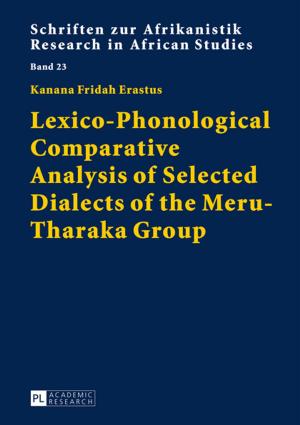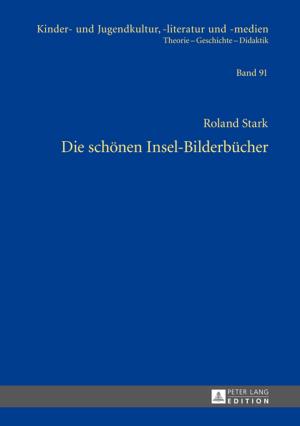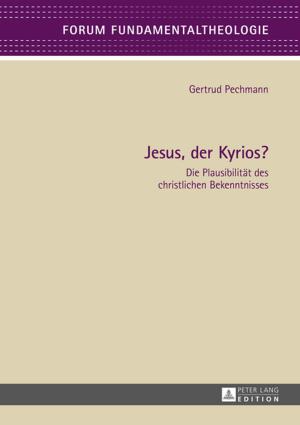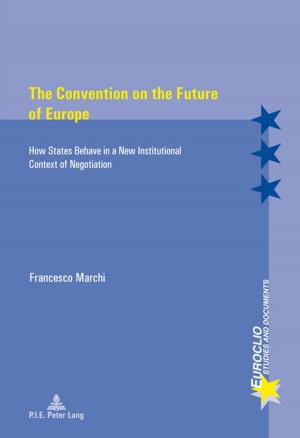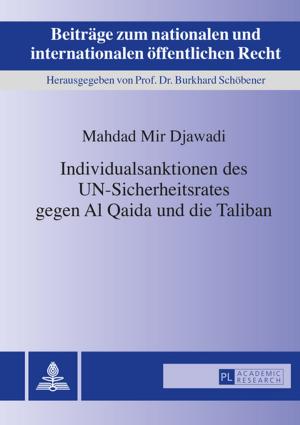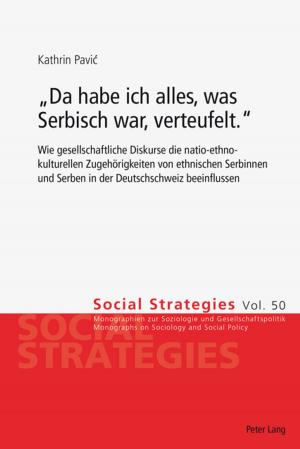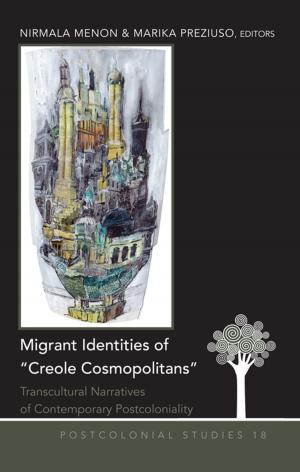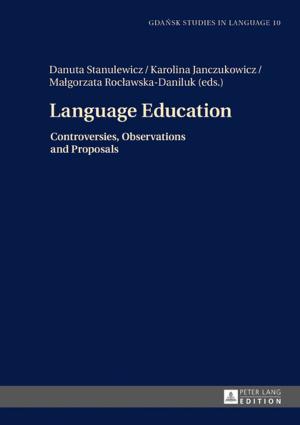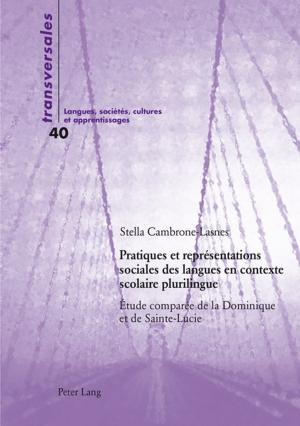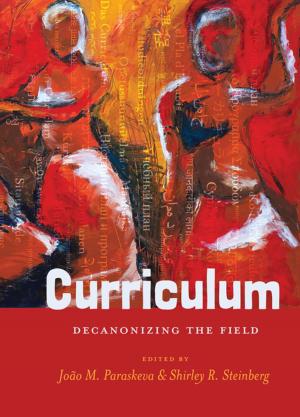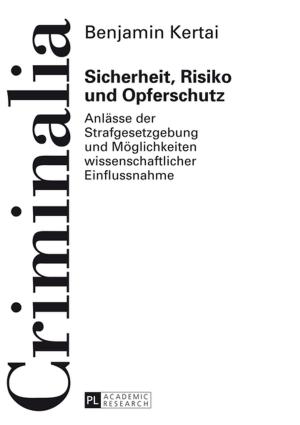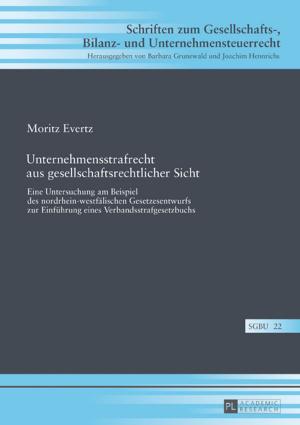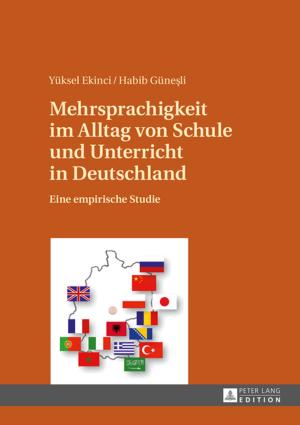Thinking Between Islam and the West
The Thoughts of Seyyed Hossein Nasr, Bassam Tibi and Tariq Ramadan
Nonfiction, Religion & Spirituality, Christianity, Church, Law, Philosophy, Religious| Author: | Chi-Chung (Andy) Yu | ISBN: | 9783035399639 |
| Publisher: | Peter Lang | Publication: | February 11, 2014 |
| Imprint: | Peter Lang AG, Internationaler Verlag der Wissenschaften | Language: | English |
| Author: | Chi-Chung (Andy) Yu |
| ISBN: | 9783035399639 |
| Publisher: | Peter Lang |
| Publication: | February 11, 2014 |
| Imprint: | Peter Lang AG, Internationaler Verlag der Wissenschaften |
| Language: | English |
In this book, the author assesses the social vision of three western Muslim intellectuals, Seyyed H. Nasr, Bassam Tibi and Tariq Ramadan. He finds that the thoughts of Nasr and his students promote a kind of tradition-based society, which is in harmony with the Divine Law in Islam and a hierarchical structure of society. The thoughts of Tibi advocate the concept of Euro-Islam, which tries to rationalize Islam and renders it a personal religion in the private domain. Finally, the thoughts of Ramadan emphasize a communicative society, in which dialogue between Muslims and non-Muslims on public affairs is crucial. The author tries to understand how these three social orders can complement each other. He compares and contrasts their ideas in order to show that modern Islamic thought is not monolithic but pluralistic, and that they present different social visions for Islam in the West. However, Muslims are often labelled as a minority group and so implicitly excluded from being part of the West: the thoughts of Muslim writers help reflect this problem. The author maintains that these Muslim intellectuals in the West should be fully recognized as western intellectuals.
In this book, the author assesses the social vision of three western Muslim intellectuals, Seyyed H. Nasr, Bassam Tibi and Tariq Ramadan. He finds that the thoughts of Nasr and his students promote a kind of tradition-based society, which is in harmony with the Divine Law in Islam and a hierarchical structure of society. The thoughts of Tibi advocate the concept of Euro-Islam, which tries to rationalize Islam and renders it a personal religion in the private domain. Finally, the thoughts of Ramadan emphasize a communicative society, in which dialogue between Muslims and non-Muslims on public affairs is crucial. The author tries to understand how these three social orders can complement each other. He compares and contrasts their ideas in order to show that modern Islamic thought is not monolithic but pluralistic, and that they present different social visions for Islam in the West. However, Muslims are often labelled as a minority group and so implicitly excluded from being part of the West: the thoughts of Muslim writers help reflect this problem. The author maintains that these Muslim intellectuals in the West should be fully recognized as western intellectuals.

